Ecuador stands as a beacon in the global seafood industry, harmoniously blending economic prowess, ecological richness, and cultural heritage. From its expansive tuna fleet to its unparalleled marine biodiversity, Ecuador’s maritime narrative is one of sustainability, diversity, and national pride.
🐟 Ecuador’s Tuna Industry: A Global Powerhouse
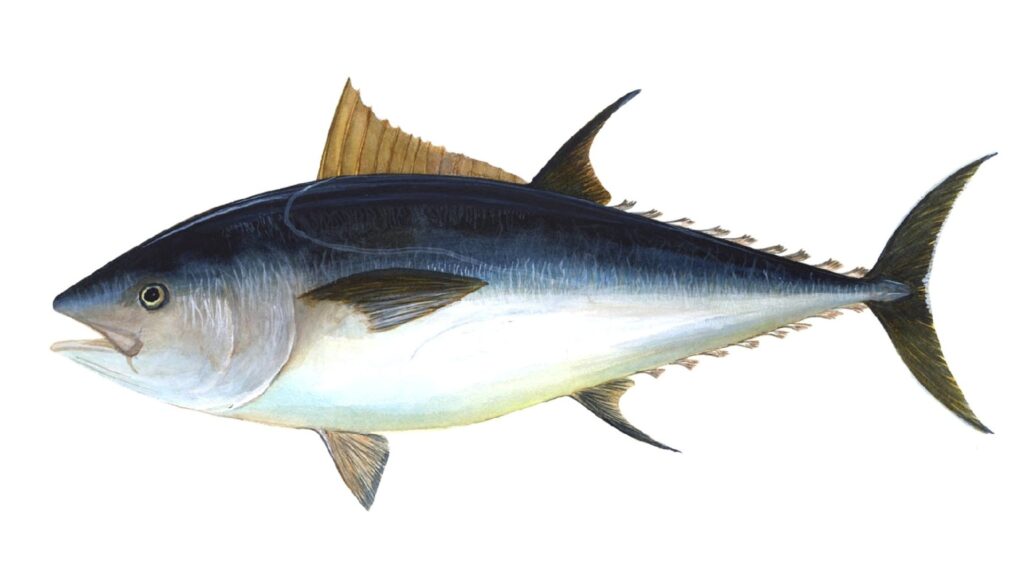 Ecuador boasts one of the most formidable tuna fleets in the Eastern Pacific, positioning itself as a top exporter of canned tuna worldwide. The nation’s strategic location, combined with its commitment to sustainable fishing practices, has cemented its reputation in the global seafood market.
Ecuador boasts one of the most formidable tuna fleets in the Eastern Pacific, positioning itself as a top exporter of canned tuna worldwide. The nation’s strategic location, combined with its commitment to sustainable fishing practices, has cemented its reputation in the global seafood market.
📊 Tuna Industry Snapshot
| Metric | Value | Source |
|---|---|---|
| Global Rank in Canned Tuna Exports | 2nd (after Thailand) | Feed Planet Magazine |
| Annual Tuna Catch Volume | Approximately 245,722 metric tons | Bitácora EC |
| Percentage of Tuna from Open Seas | 85% | Bitácora EC |
| Major Export Markets | USA, EU, Asia | Seafood Watch |

🌊 A Marine Biodiversity Hotspot
Ecuador’s coastal waters are a confluence of major ocean currents: the cold Humboldt Current from the south, the warm El Niño Current from the north, and the nutrient-rich Cromwell Current from the west. This unique intersection fosters an environment teeming with marine life, making Ecuador’s waters some of the most biodiverse globally.
🐠 Marine Biodiversity Highlights
-
Marine Fish Species: Approximately 833 species inhabit Ecuador’s marine ecosystems.
-
Endemic Species in Galápagos: Around 75 fish species are unique to the Galápagos Islands.
-
Galápagos Marine Reserve: Spanning over 133,000 km², it’s one of the world’s largest marine reserves, safeguarding this rich biodiversity.
🍲 Encebollado: Ecuador’s Culinary Gem
At the heart of Ecuadorian cuisine lies encebollado, a hearty fish stew traditionally made with albacore tuna (albacora). This dish, often hailed as one of the world’s finest soups, combines fresh tuna with yuca, pickled onions, and a blend of spices, reflecting the nation’s deep ties to the sea.
🪙 Encebollado vs. Banana: A Price Comparison
Ecuador is also renowned as the world’s leading banana exporter. In local markets, a banana can cost as little as $0.05. Similarly, a bowl of encebollado, rich in nutrients and cultural significance, is affordably priced between $1.50 and $3, making it accessible to all.
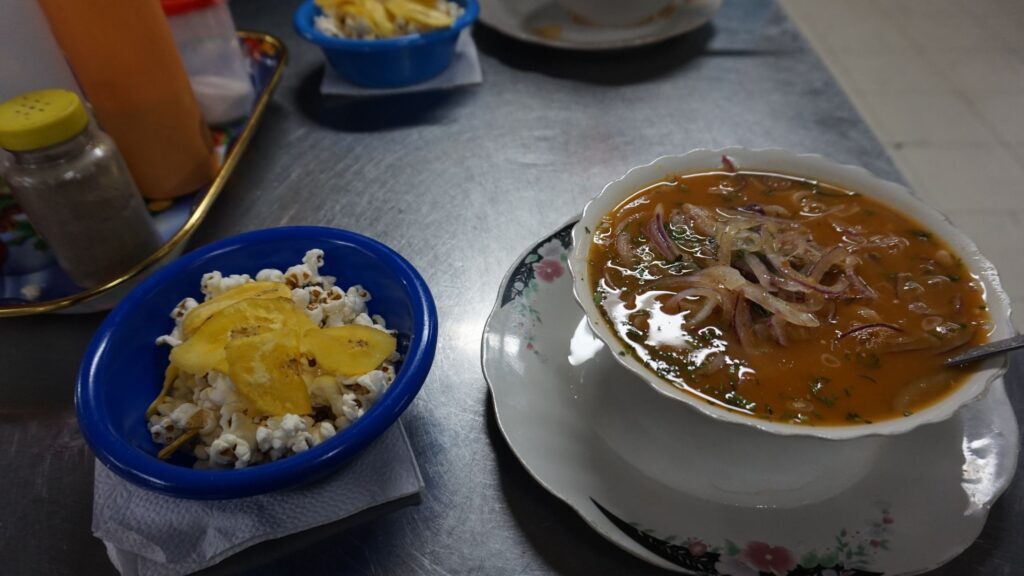
🦐 Cevicherías: Temples of Seafood Cuisine
In Ecuador, cevicherías are specialized restaurants dedicated exclusively to seafood. From shrimp, fish, or shellfish ceviches to seafood soups, rice dishes, and the classic encebollado, these establishments are social hubs where freshness, flavor, and tradition converge daily.
👥 Economic and Social Impact
The tuna industry is a cornerstone of Ecuador’s economy, providing employment to thousands and supporting numerous communities.
📈 Employment and Economic Data
-
Direct Employment: Over 50,000 individuals work directly in the tuna sector.
-
Indirect Employment: Approximately 120,000 jobs are supported indirectly through related industries.
-
Major Companies: Firms like NIRSA employ over 8,000 people and play a pivotal role in the industry’s growth.
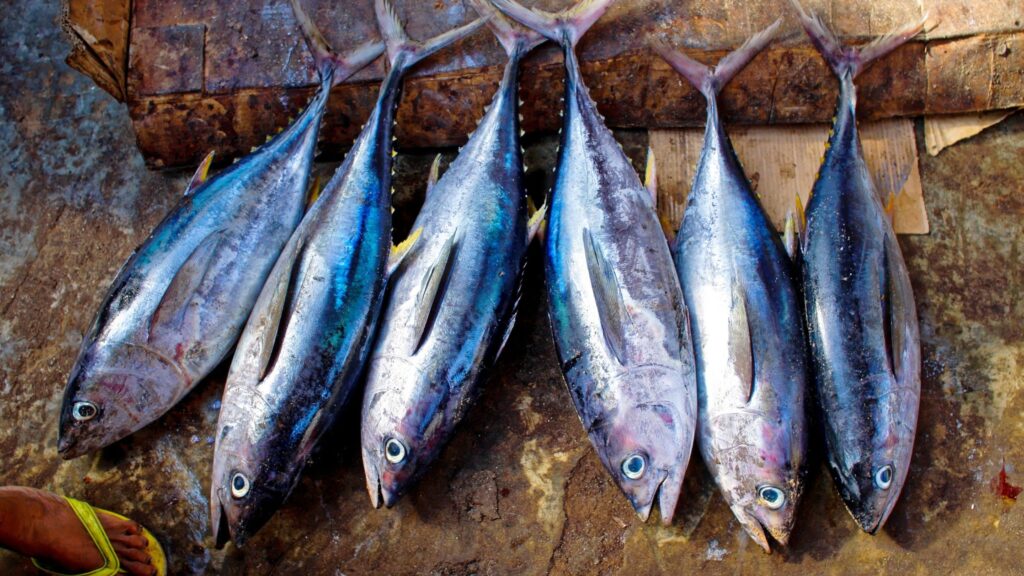
🌐 Sustainability and Global Standards
Ecuador’s commitment to sustainable fishing is evident through its adherence to international regulations and certifications. The nation’s tuna fleet operates under the guidelines of the Inter-American Tropical Tuna Commission (IATTC), ensuring responsible fishing practices.
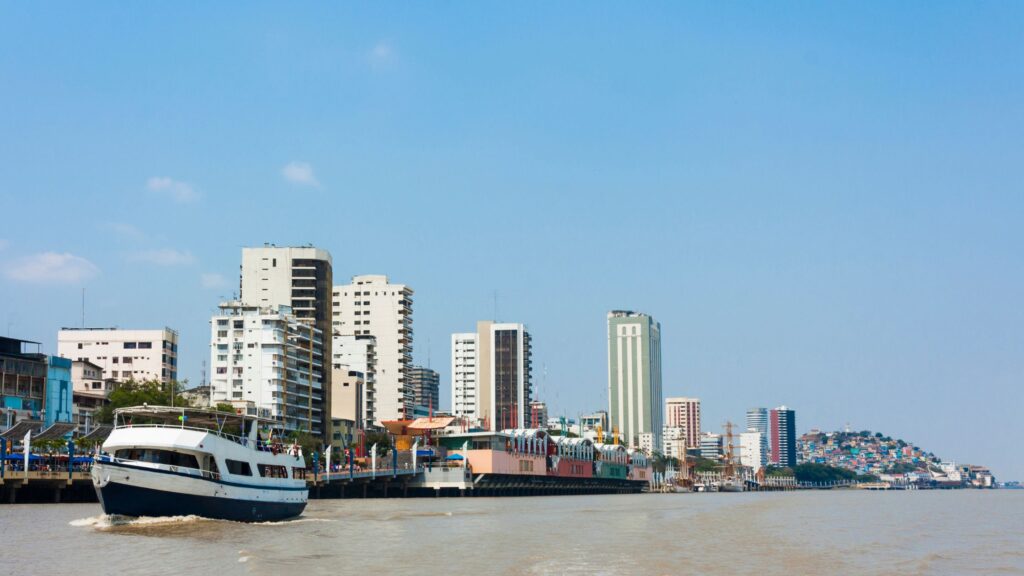
🌟 Conclusion
Ecuador’s unique geographical position, rich marine biodiversity, and dedication to sustainable practices make it a global leader in the seafood industry. From the bountiful catches of its tuna fleet to the cherished flavors of encebollado, Ecuador’s maritime legacy is a testament to its harmonious relationship with the sea.
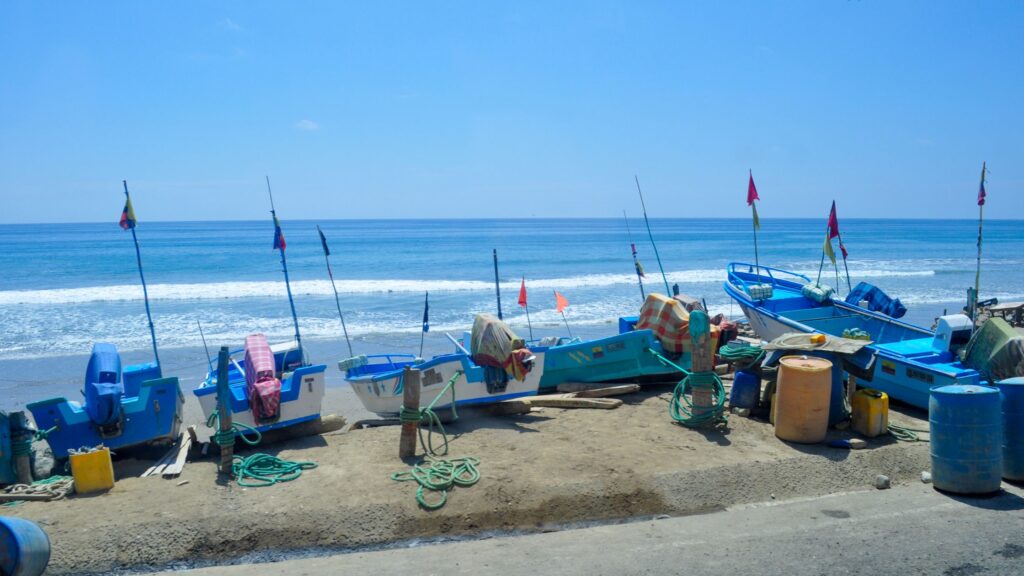


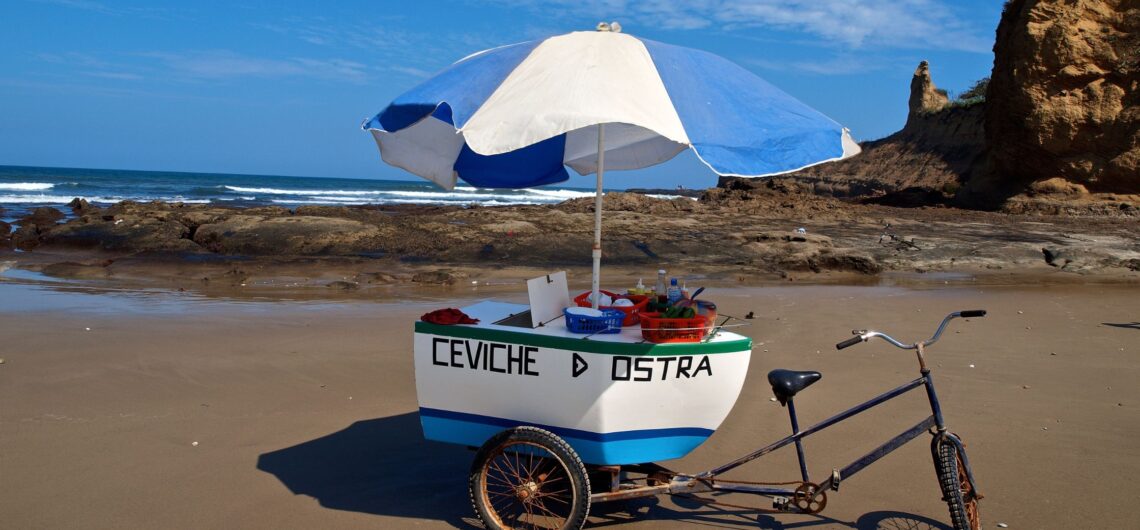

Comments